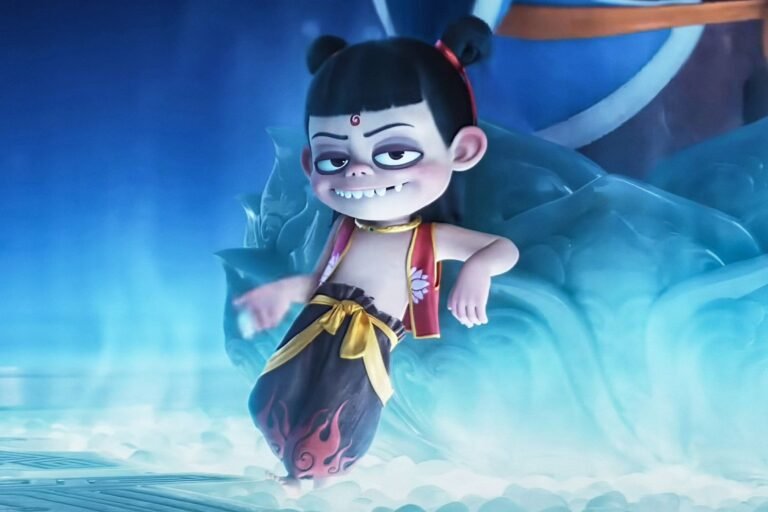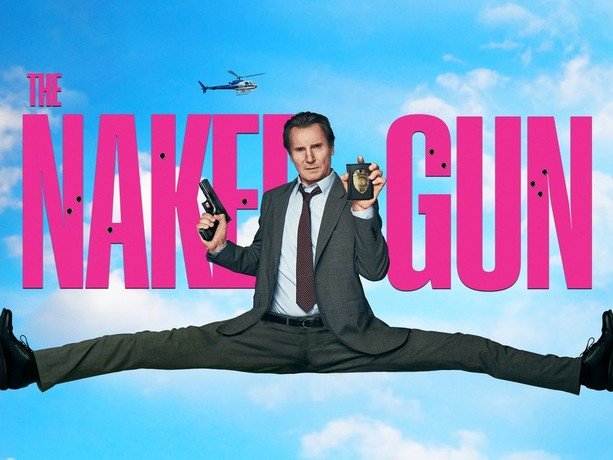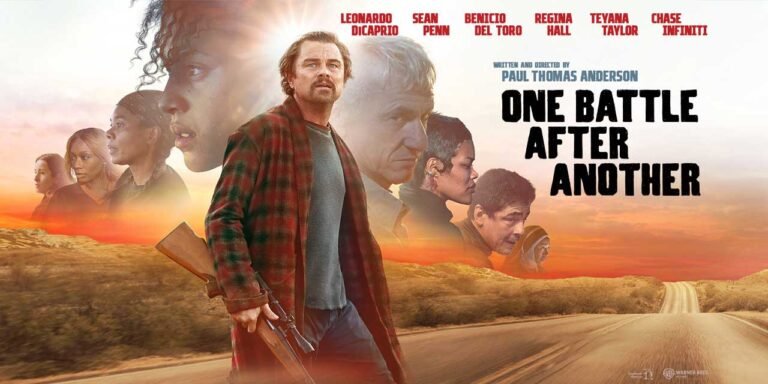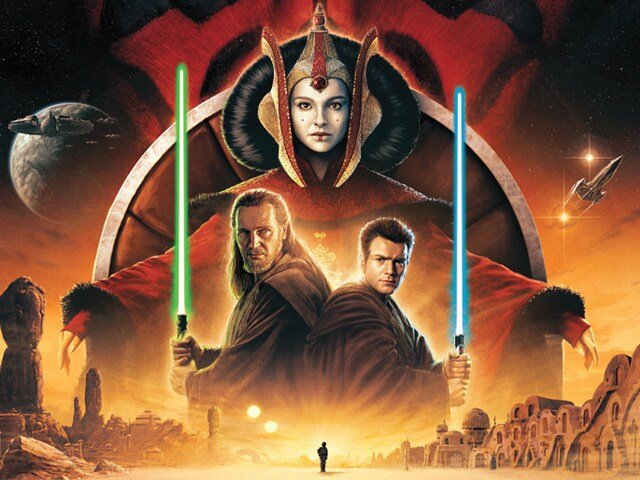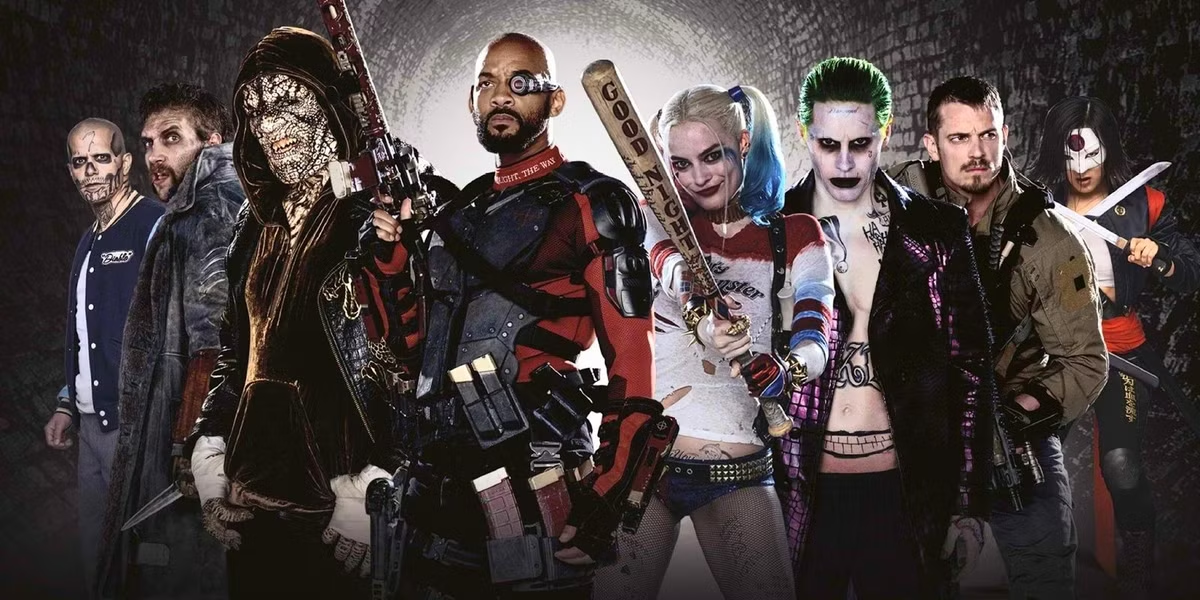
The trailers for Suicide Squad promised chaos, charisma, and edgy antiheroes. Hailed as DC’s bold answer to Marvel’s cinematic success, the film had enormous expectations to fulfill. Unfortunately, the final product leaves us with more questions than answers—most notably: Can DC ever stop looking like it’s chasing Marvel’s shadow?
Tonal Shifts: A Movie Torn in Two
The root of the problem lies in the film’s origin. Suicide Squad was initially envisioned as a dark, gritty drama—typical of DC’s brooding universe. But then two major shocks altered its path entirely.
First, Deadpool exploded at the box office, showing the world that a sarcastic, foul-mouthed antihero could be a massive hit. Second, Batman v Superman received harsh criticism for being too dark and heavy. In response, Warner Bros. demanded tonal changes.
Director David Ayer, known for serious films like End of Watch and Fury, was forced to re-edit scenes and inject humor after principal photography had wrapped. The result? A film stitched together from two clashing visions. The humor feels forced, the chaos feels scripted, and the CG-heavy action falls flat.
The Joker Problem
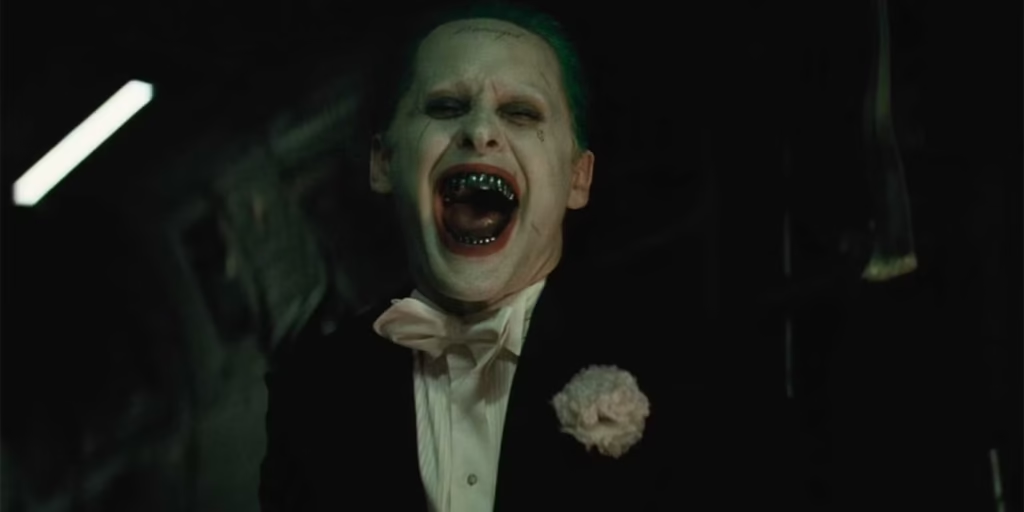
Jared Leto’s Joker was supposed to be a highlight. Instead, his performance became one of the film’s most polarizing aspects. Some argue he had too little screen time to judge fairly—his total is under 10 minutes, all opposite Harley Quinn.
But here’s the thing: those 10 minutes are enough. Leto’s Joker is strangely flat and one-dimensional. He doesn’t repel or fascinate—he just exists. Worse, there’s no real chemistry between him and Harley. Her obsession with him feels completely unearned, especially considering Harley is a far more interesting and layered character than this version of the Joker.
Wasted Characters and Thin Development
Another glaring issue is the underdevelopment of key characters. Captain Boomerang, Katana, and June Moon (a.k.a. Enchantress) appear without purpose, contribute little to the plot, and are reduced to comic relief or visual filler. That’s not the actors’ fault—it’s a failure of writing and direction.
The film’s ambition to introduce a large ensemble without enough narrative space makes it feel overcrowded and rushed. Instead of dynamic antiheroes, we get half-baked caricatures.
A Film Built on the Wrong Foundation
At its core, Suicide Squad is a film with an identity crisis. David Ayer was brought on to make a dark, intense thriller. Then, halfway through, he was told to make it lighter, funnier, and irreverent. But you can’t simply inject jokes and neon filters into a finished drama and expect it to transform into Guardians of the Galaxy.
Some scenes shine, and the soundtrack is undeniably electric. But the film’s attempt to pivot into something fun and quirky feels hollow and disjointed.
Marvel’s Agility vs. DC’s Rigidity
This brings us to a broader issue: DC’s struggle to keep up with Marvel. While Marvel Studios laid out a methodical roadmap years in advance—building carefully interconnected stories—DC seems to improvise its cinematic universe, often reacting rather than leading.
Marvel also adapts quickly. When a director loses steam or the audience vibe changes, they make swift, strategic shifts—just look at how they transitioned from Jon Favreau to Shane Black, or Joss Whedon to the Russo brothers. That flexibility has been essential to their long-term success.
DC, on the other hand, lacks that nimbleness. Unless it finds a consistent creative identity and sticks with it, it will continue to stumble, trying to play by someone else’s rules.
Highlights That Deserve Praise
Despite its flaws, Suicide Squad isn’t without merit:
-
Margot Robbie as Harley Quinn steals the show. Visually striking, electric on screen, and full of chaotic energy, she shines in every scene.
-
Jay Hernandez as Diablo surprises with emotional depth. A relatively unknown character, he ends up being the heart of the team.
-
Viola Davis as Amanda Waller is a perfect casting choice—calm, cold, and commanding, she’s one of the few characters who feels grounded.
-
Joel Kinnaman as Rick Flag holds his own as the team’s moral center, despite being surrounded by over-the-top personalities.
The only misstep in casting is arguably Will Smith as Deadshot. His star power overshadows the ensemble, making the team feel uneven and unbalanced.
Final Verdict: DC Needs to Find Its Own Voice
In the end, Suicide Squad is a film that had potential but lost its way. Trying to retrofit humor and levity into a film conceived as dark and dramatic resulted in a patchy, uneven experience.
And the larger takeaway is clear: DC must stop trying to copy Marvel’s formula and instead focus on forging its own identity. Without that, it risks continuing down a path of missed opportunities and creative inconsistency.
